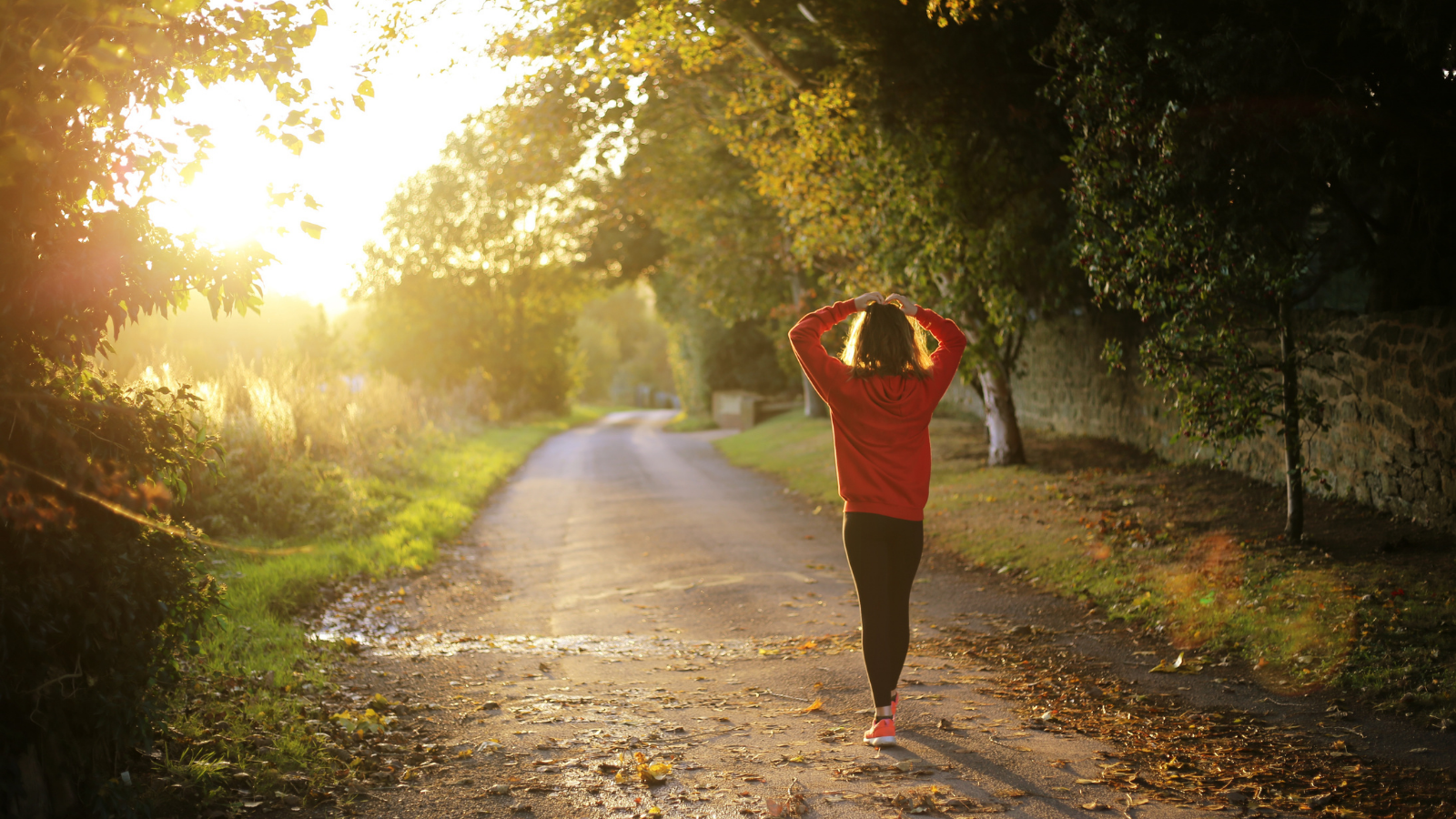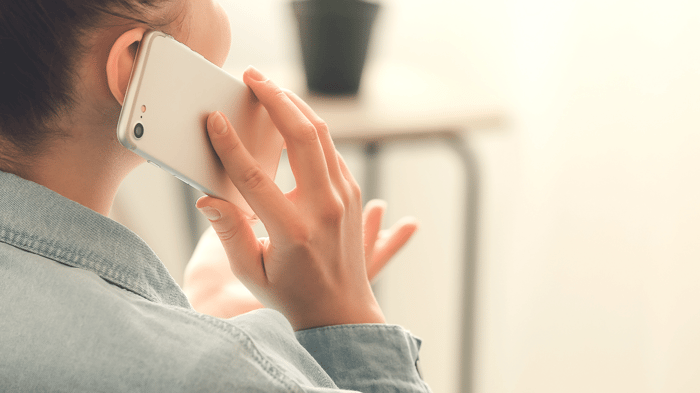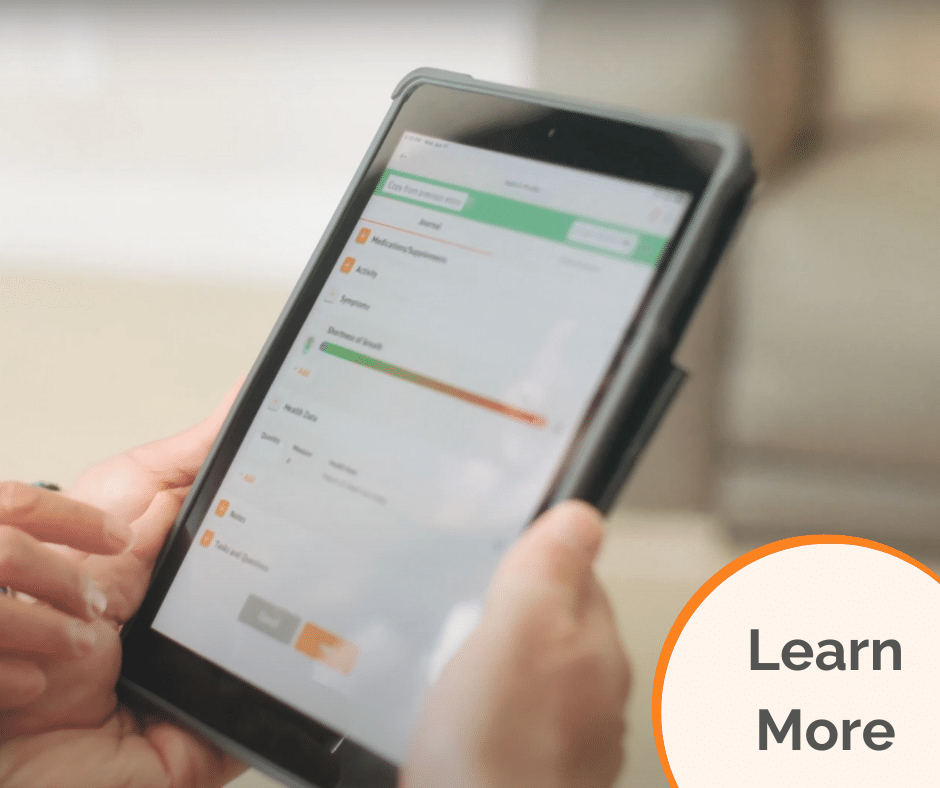Positive Mental Health Coping Strategies During COVID-19
It’s normal to feel scared, anxious, sad, angry, or nervous during a time of crisis. Pandemics such as COVID-19 are stressful situations and weeks of isolation away from our friends, family, colleagues, and daily routine can certainly take a mental toll on us.
You may be feeling uncertain and worrisome about the future, the health of yourself or loved ones, finances, and other aspects of your lives that have been impacted by the spread of COVID-19. As such, taking care of your mental health is just as important as protecting your physical health during these times.
We’ve compiled a few tips that will help you cope with stress and manage your mental health during the public health measures of staying home during COVID-19.
Take Care of Your Body
- Our physical health plays a crucial role in how we feel. While the COVID-19 crisis has drastically changed our daily routine, it’s important to maintain a healthy lifestyle while we’re confined to our homes.
- A great place to start is to ensure that you’re consuming well-balanced meals and a variety of healthy foods as this can increase your levels of wellbeing (Mental Health).
- Making sure that you are well-rested by prioritizing a good night’s sleep also has many benefits on your day-to-day mental health, since sleep deprivation negatively affects your mental health (Health Harvard).
- Limiting alcohol, smoking, or not prescribed drugs to cope with your emotions, will improve your mental health, as using substances to deal with your emotions might decrease your mental health state in the long run (Rethink Mental Health).
- Lastly, consider going for a daily walk or enjoying a bit of fresh air every day, as this will increase your mood and concentration levels (Health Harvard).

Take Breaks from Watching and Reading the News
It’s crucial to stay informed about the evolving COVID-19 situation, however, too much screen time can have detrimental effects on the mental psyche. In today’s 24/7 news cycle, the constant bombardment of negative information can become overwhelming and stressful (CDC).
Instead, take breaks from following news stories and social media. You can even try to gather updates in intervals or at certain times each day. Sometimes it can be difficult to separate the rumors from facts, so make sure you’re getting information from a credible source.
Prepare, don’t panic!
Stick to Your Routine
One of the unexpected side effects of COVID-19 is that many of us have more free time than ever.
Even though free time can give us a break from the stress that comes with our daily routines and responsibilities such as work, school, and/or other tasks, it might also be negatively affecting our mental health. This can occur since it can feel strange to change from your pre-pandemic daily routine, which you might have followed for years.
If you are experiencing any discomfort caused by the sudden change in routines, try to stick to your pre-pandemic daily routine as much as possible. This can help eliminate that discomfort you might feel. This can include keeping up with your morning routine, scheduled meals, bedtime routine, and sleep schedule (Mayo Clinic).
Stay Connected with Others
With the evolving COVID-19 regulations around the world, it can be hard to interact with people like you did before the pandemic.
If lockdowns are in effect in your area, or if your daily routine does not allow you to interact with people as often as you used to, take the time to connect with family members, friends, colleagues, and relatives. Speaking regularly with others you trust can greatly help to alleviate any stress and anxiety (The Healthy).
On the other end of the spectrum, it’s also important to check-in with others and maintain relationships with the people in your life. In close quarters, try to reduce and manage disagreements with others (The Healthy).

Look for Ways to Have Fun
It’s easy to get bogged down into negativity during a stressful situation like an outbreak – and making time to unwind and relax is something that’s often overlooked.
Shift your focus to the present moment by taking up a hobby or nurturing existing ones. Journaling, meditation, stretching, and yoga are all activities that can soothe your mind and bring a positive outlook -or maybe there’s a hobby you’ve always wanted to try but never had the time for. If you’re living with other family members, take the time to enjoy those precious moments together (The Irish Times, PCMA).
Positive Mental Health Coping Strategies
A pandemic can take a mental toll on us, with our daily routines changing, isolation, social distancing, and worries about the uncertain future.
It is important that we take every possible measure to make sure that we stay in an optimal mental health state during this pandemic.
We hope that you found these tips helpful to help manage stress and cope with your mental health during COVID-19.
For more tips on how to improve your mental health read our Improving Mental Health blog.
Share this
You May Also Like
These Related Stories
%20(10).png?width=940&height=788&name=Updated%20Blog%20Images%20(Blog%20listing)%20(10).png)
Improving Mental Health
-Jun-16-2023-01-45-12-7884-AM.png?width=940&height=788&name=Updated%20Blog%20Images%20(Blog%20listing)-Jun-16-2023-01-45-12-7884-AM.png)
Prioritizing Quality of Life with Metastatic Breast Cancer
-Sep-13-2023-06-32-09-0303-PM.png?width=940&height=788&name=Updated%20Blog%20Images%20(Blog%20listing)-Sep-13-2023-06-32-09-0303-PM.png)
.png?width=500&height=200&name=Zamplo%20Logo%20(1).png)


%20(4).png?width=318&name=Blogs%20Product%20Image%20(940%20%C3%97%20200%20px)%20(4).png)

No Comments Yet
Let us know what you think